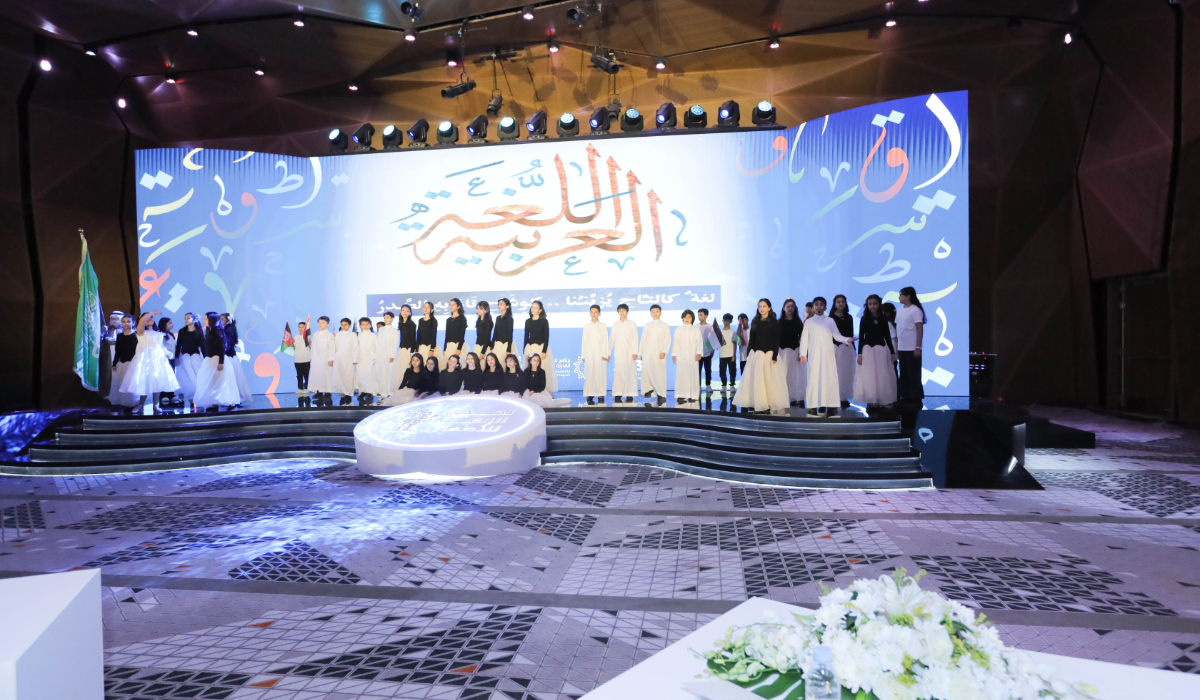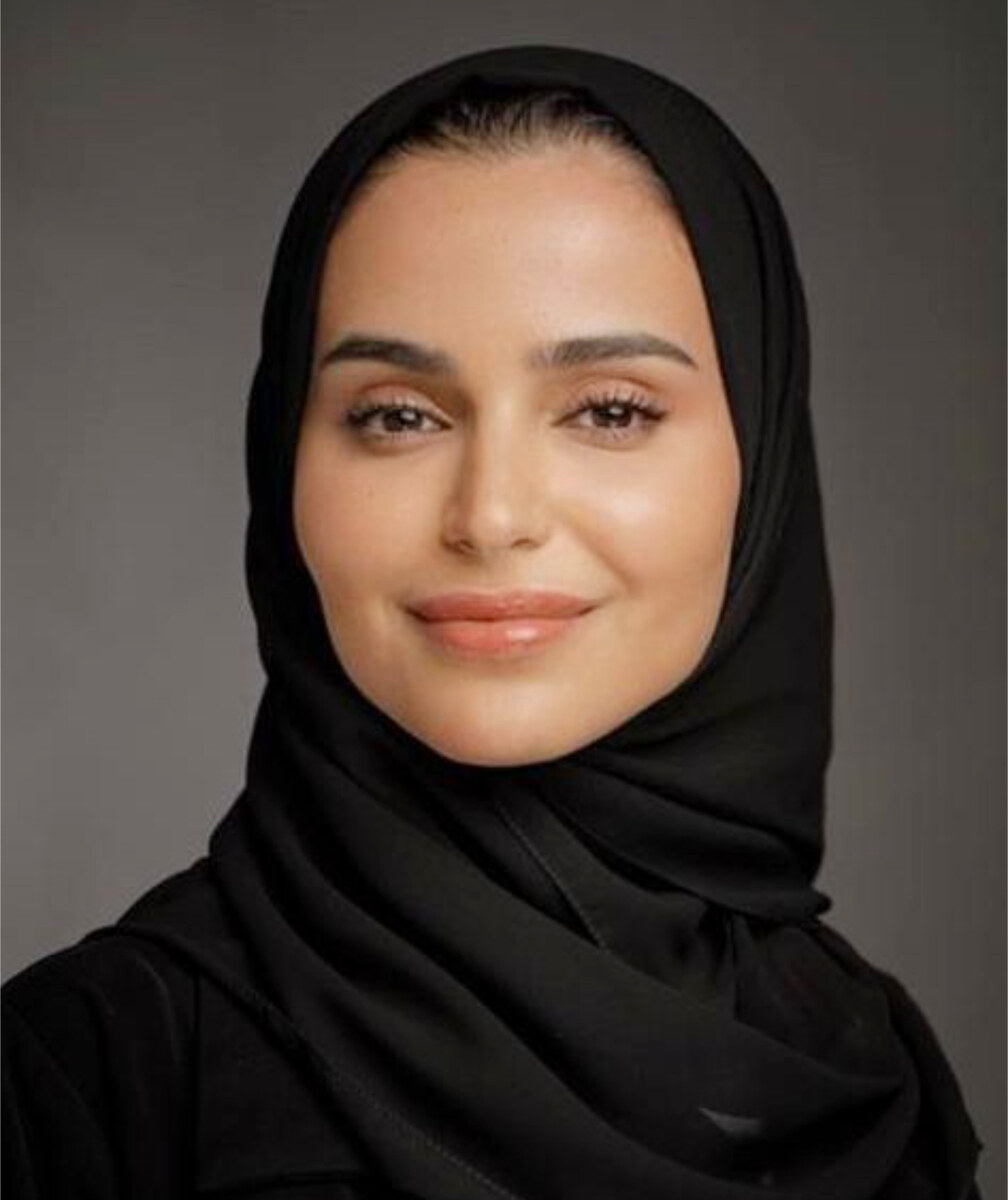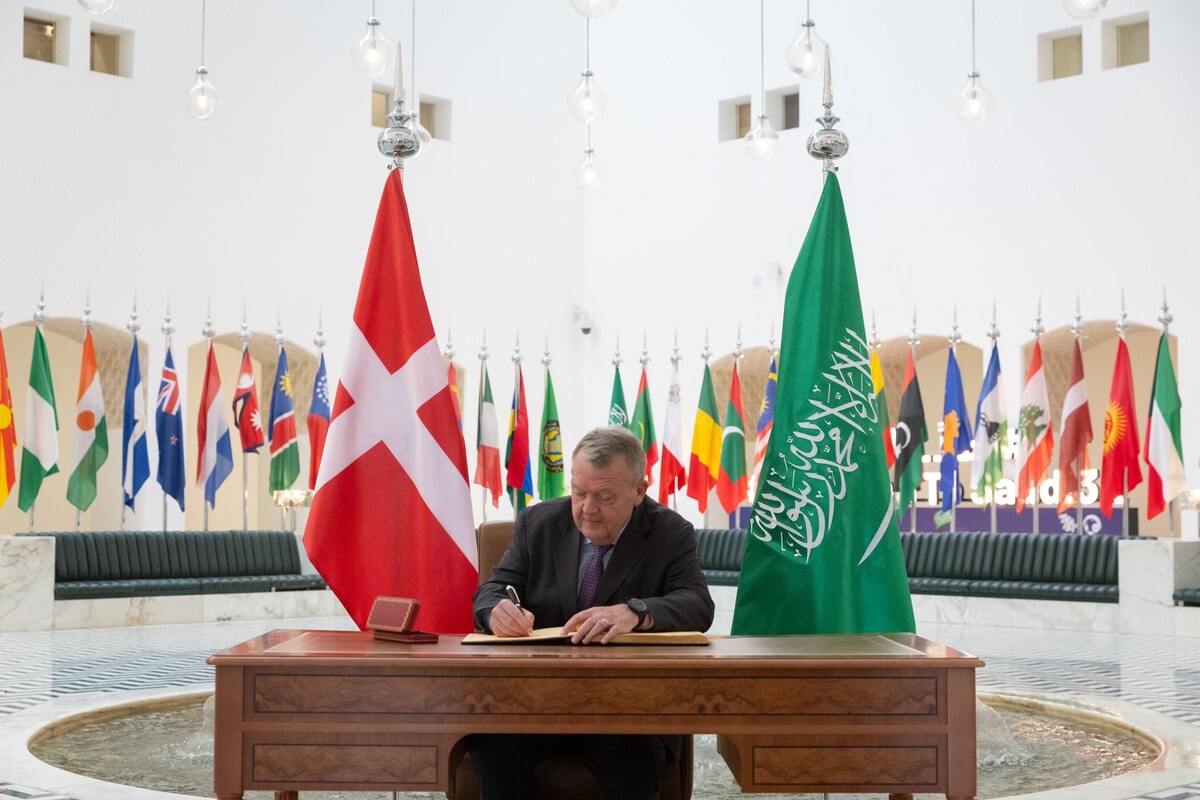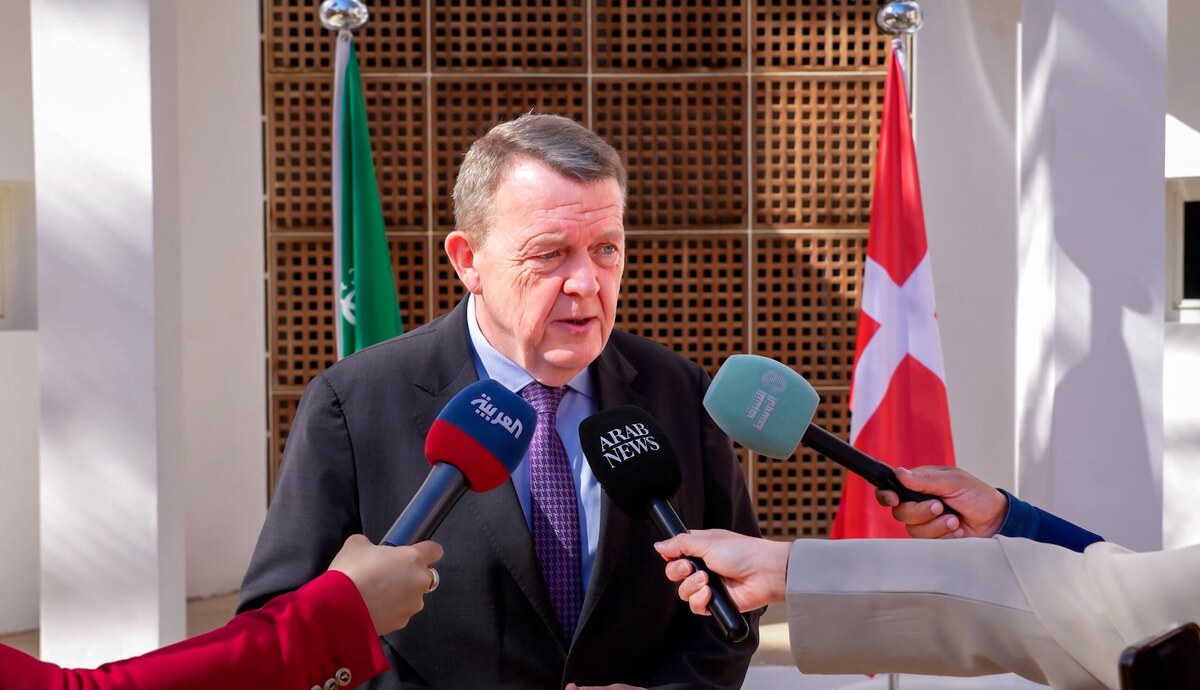RIYADH: As part of Saudi Arabia’s push to establish itself as a leader in the data-driven, AI-powered economy, the Kingdom is harnessing the transformative potential of artificial intelligence to revolutionize homes.
AI and machine-learning technologies are making houses and apartment smarter, more efficient and easier to live in. They are also making them safer.
Real-time monitoring of security video, identifying threats, automated alerts to residents and integration with other smart home devices will completely change how homeowners protect their properties.
Industry leaders such as the tech firm Smart Citizens are expanding into Saudi Arabia following their success elsewhere.

The UAE-based firm says that it delivers innovative, cutting-edge solutions, particularly in smart-home automation.
“Smart Citizens believes AI will drive the most compelling advancements in home security and safety in Saudi Arabia,” Ashraf Nouri, Smart Citizens CEO, told Arab News.
He explained that the integration of AI with a network of devices that could connect and exchange data (known as the “Internet of things”), enhanced home security by enabling real-time monitoring and smart threat detection.
Smart Citizens’ expansion strategy, Nouri said, was crafted to “be in tune with Saudi Arabia’s Vision 2030, which wants living standards to match modern concepts and foster innovation in technology.”
Opinion
This section contains relevant reference points, placed in (Opinion field)
AI is projected to contribute more than $135 billion to Saudi Arabia’s economy by 2030, making up 12.4 percent of the Kingdom’s gross domestic product, according to accounting firm PwC.
The Saudi Data and Artificial Intelligence Authority was set up in 2019 to help drive the Kingdom’s AI capabilities and make it a global leader in data-driven economies.
Saudi Arabia is also ramping up AI investment, looking to cement its position as one of the world’s main investors in the technology.

Shutterstock illustration
The embrace of home AI technology fits with the Kingdom’s mission to become a leader in smart city development. A key example is NEOM, the futuristic mega-city project that integrates advanced technologies and smart home solutions to foster connectivity and sustainability.
Elaborating on how AI is reshaping residential security in the Middle East, Nouri said that his company had developed a comprehensive AI-enabled security ecosystem.
The system, he said, offered a “new generation of smart home security.”
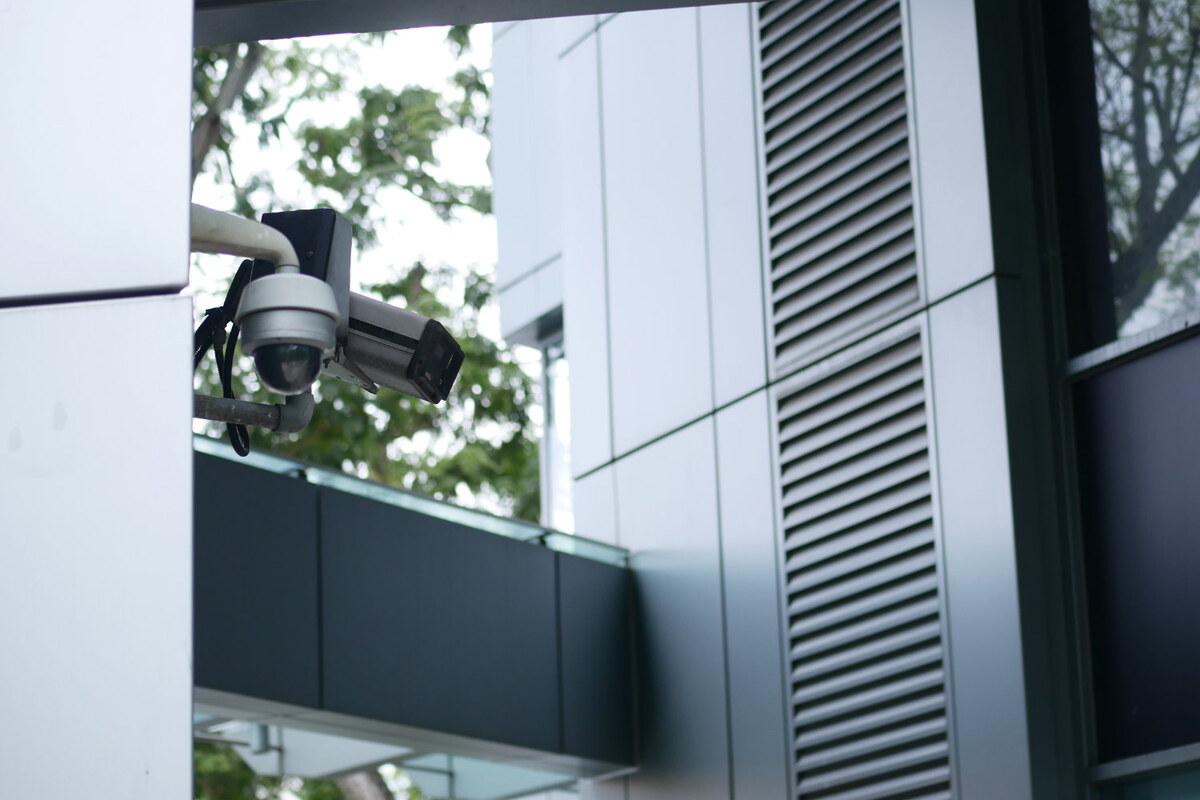
These solutions have already shown results with a 40 percent decrease in false alarms. (Supplied)
This included AI-driven intrusion detection, voice-activated security controls and predictive maintenance.
Nouri said: “We involve our AI technologies in the following domains: Computer vision for video surveillance and object detection, natural language processing for voice interaction and analysis, and neural networks for driving predictive analytics on maintenance and anomaly detection.”
As Smart Citizens prepares to enter the Saudi market, Nouri said that the company was committed to teaching its consumers about the new technologies it offered.
“Smart Citizens adopts an integrated approach in consumer education for the adoption of advanced technologies, especially in home security and safety, in Saudi Arabia,” he said.

Nouri said that Smart Citizens is working to ensure compliance with Saudi standards. (Supplied)
The company’s strategies, he added, include public awareness campaigns, workshops and seminars, partnerships with educational institutions, and incentive programs to drive engagement and adoption.
These initiatives, Nouri said, aligned with the ambitions of Vision 2030 for digital transformation and the development of smart cities.
He added: “Through such programs, the company aspires to encourage a technological society that shall be ready for innovations in home security and safety.”
Nouri explained that his company was “implementing an AI-enabled behavioral analytics system that filters the routine household activities from potential threats.” This, he said, enhanced the accuracy of threat detection.

Shutterstock illustration image on Internet of Things
This was achieved through the integration of “Internet of things” devices, which are essential to the system’s overall effectiveness.
Nouri said: “IoT devices are collecting key data from sensors, smart locks and cameras to build the backbone of our system. The processing and analysis of this data in real-time happen through our AI models.”
DID YOUKNOW?
• Smart homes gain popularity as Saudi Arabia advances its AI-powered economy.
• AI-driven behavioral analytics can filter routine activities from potential threats.
• Internet of things devices enhance home security by enabling real-time monitoring.
Emphasizing that Smart Citizens prioritized user experience, he added: “We design interfaces that are easy to navigate, allowing users to control and monitor their smart home systems effortlessly.”
The company’s AI systems were able to learn individual preferences over time, enabling tailored automation that aligned with each homeowner’s lifestyle, he said.
Nouri said that robust measures were in place to address privacy concerns swiftly and effectively.
“We have multiple approaches to address privacy and security at our systems: Encryption protocols, localized data processing and compliance with UK standards, UAE standards,” he said, noting that his company was also working to ensure full compliance with Saudi regulations.

Smart Citizens actively embrace AI-powered technologies in luxury apartments and homes. (Supplied)
In the UAE, people were increasingly embracing AI-powered technologies in luxury apartments and homes, he added, describing homeowners there as “keen adopters of high-tech innovations to enhance their lifestyles and ensure comfort.”
Looking ahead, Nouri is optimistic about AI’s growing role in home security, believing that AI will become increasingly autonomous and seamlessly integrated into daily life.
“Solutions like the smart energy management and lighting solutions provided by Smart Citizens will evolve to provide even more personalized and predictive capabilities,” Nouri said.
Smart homes are also seen as a more sustainable solution to mitigate climate change, and Saudi Arabia is adopting a whole-of-society approach to reduce carbon emissions by 278 million tonnes annually by 2030.

Shutterstock illustration
A 2019 study published in Environment International found that household energy consumption accounted for one-third of global carbon emissions, and home automation had the potential to reduce these emissions by 12.78 percent.
Nouri said that emerging home security trends, such as biometric security enhancements and edge computing, which processes data on devices closer to the user, will allow for faster, more private operations.
And the impact of these solutions is measurable, providing “up to a 40 percent reduction in false alarms,” he said.
“These AI-powered solutions provided by us make a residence safer through real-time threat detection, personalized security, and seamlessly integrated automation, ensuring constant protection,” Nouri said.
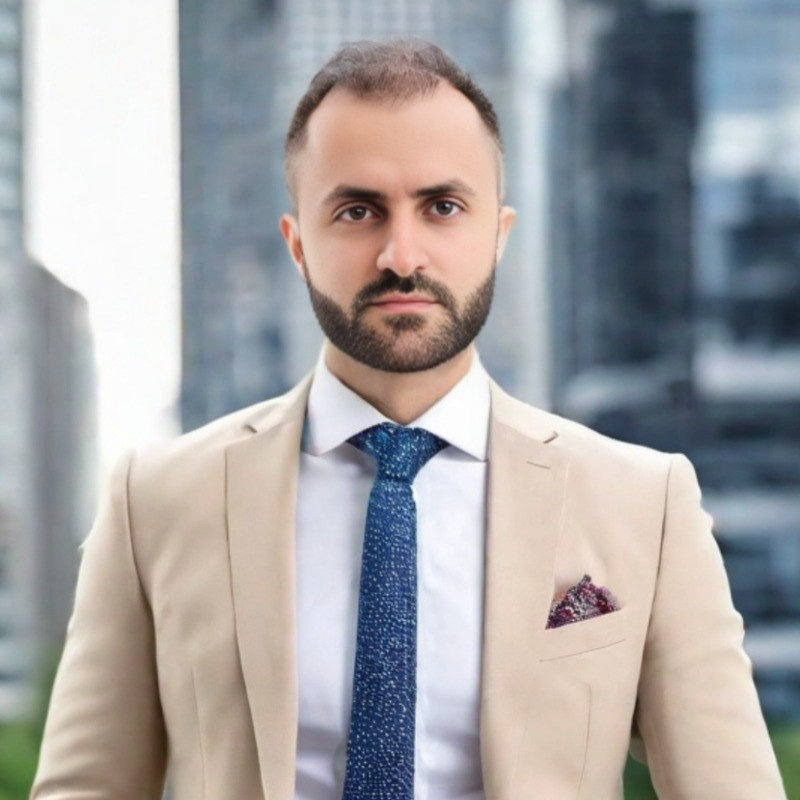
Ashraf Nouri, Smart Citizens CEO
This new AI technology enhances home security while giving residents greater peace of mind and control over their living spaces.
Smart Citizens is just one example of a company entering the Saudi market with AI powered solutions for people’s daily lives.
Many more will follow, deploying data-driven technology that will transform how we live.











